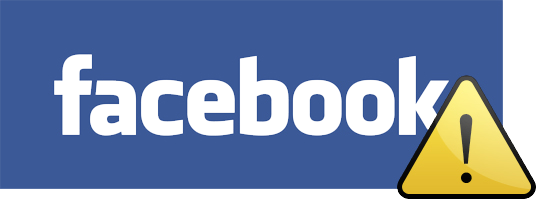
When Kamesh D (name changed) received a phone call from a friend asking him if he was in trouble, he was mildly surprised. The surprise turned to alarm as he learnt that his friend had received a message on Facebook, saying that he had been robbed of his mobile and money while holidaying in Paris and updating Facebook courtesy of a stranger, and asking for money to be sent to a strange account.
Kamesh was lucky. He was able to logon to Facebook, change his password and update his status, asking his friends to ignore any requests for money. Kamesh had become, for a brief period of time, a victim of the 419 scam – updated for the Facebook age.
In 1995, there were 16 million users of the internet. It took another 10 years for the number of users to hit 900 million. Facebook had a million users, in 2004, its year of incorporation. In 2006, it had 16 million users. As of April this year, the social networking site had hit 901 million users around the world, doing in six years what had taken the entire Internet a decade.
Where there are crowds, there are criminals. And it’s not surprising that Facebook attracts a whole new breed of scamsters. Their objectives remain the same — it’s either money, personal information or redirection to shady schemes or page hits.